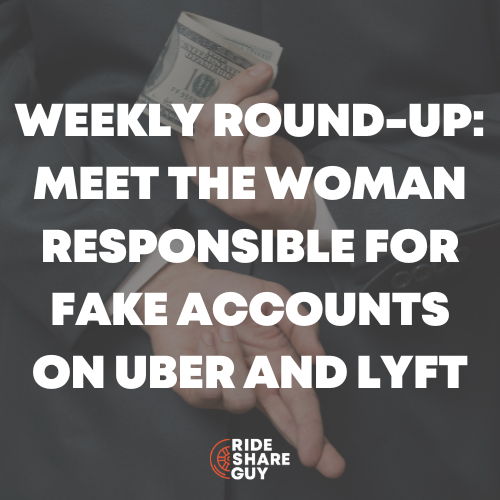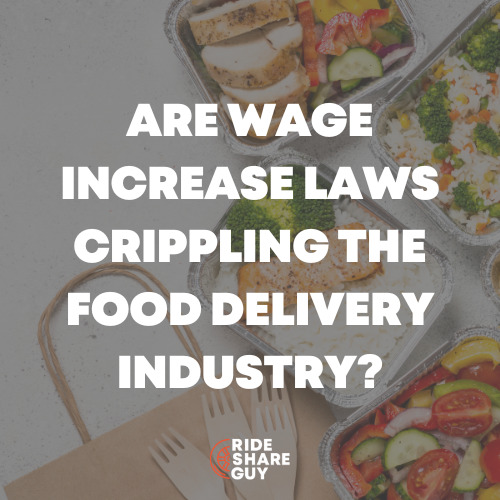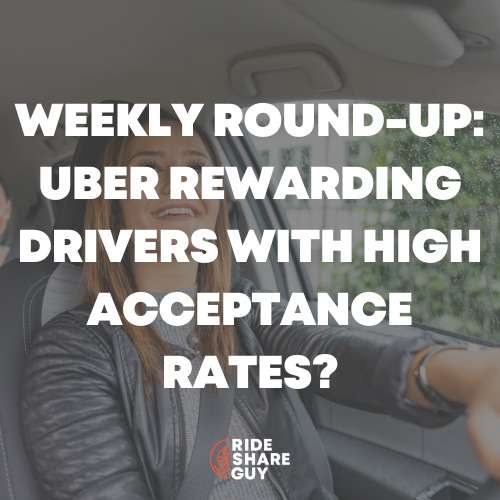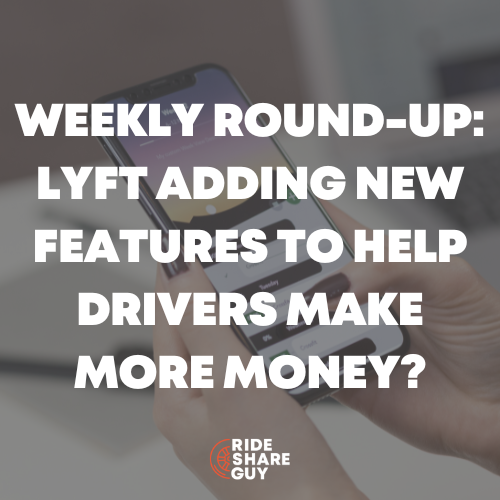In this week’s roundup, it’s (almost) all about Prop 22. Prop 22’s win in California doesn’t just affect California drivers. In the few short days of Prop 22’s passage in California, Uber and Lyft have made statements about expanding this type of legislation to other states – and possibly federally. At the same time, gig companies may also bring in more labor organizations to create structural change. Senior RSG contributor John Ince breaks down the latest below.
Mark your calendars for November 10th – that’s when Galley’s inaugural Resilient Food Business Summit takes place! Since COVID, there’s been a major shift from rides to food delivery, and this conference is interesting for its focus on the food and food service side. This is a virtual event and you can register here – it will feature panel discussions, keynotes, networking sessions, all from the world’s top food leaders and industry experts. Learn more and register here.
Uber, Lyft drivers aren’t employees after all, California voters say [TheVerge]
Sum and Substance: California voters approved Prop. 22, which would exempt companies such as Uber and Lyft from having to classify their workers as employees, according to The Associated Press. The $200 million campaign in support of the measure was the most expensive in state history.
The ballot measure mandates that drivers for Uber, Lyft and DoorDash will receive new benefits, such as minimum hourly earnings. But drivers won’t get the full protections and benefits that come with employment, as they may have had to under another law, AB5 — which originally took aim at gig work. Labor groups, which opposed the law, raised only a tenth as much money.
My Take: Well, here it is. California voters rejected AB5 and supported the alternative Prop 22. Prop 22 gives modest protections, but it’s far short of the provisions of AB5.
Read our analysis of Proposition 22 and what it means for drivers nationwide here.
Uber and Lyft Drivers in California Will Remain Contractors [NYTimes]
Sum and Substance: OAKLAND, Calif. — Drivers and other workers for so-called gig economy companies in California will not become their employees.
California voters carried Uber and Lyft to victory, overwhelmingly approving Proposition 22, a ballot measure that allows gig economy companies to continue treating drivers as independent contractors.
Uber, Lyft and the delivery service DoorDash designed the measure to exempt the companies from a state labor law that would have forced them to employ drivers and pay for health care, unemployment insurance and other benefits. As a concession to labor advocates, the initiative offers a wage floor and limited benefits to drivers.
My Take: So Uber and Lyft got what they want. Now the question becomes, what will be the results? Will it be the same for drivers? The election is over, but the uncertainty around these companies continues.
Uber and Lyft Had an Edge in the Prop 22 Fight: Their Apps [TheVerge]
Sum and Substance: The apps told California voters to vote yes on Proposition 22. And the voters listened. Uber and Lyft spent over $200 million on the ballot measure to keep their drivers classified as independent contractors, but their most effective bit of lobbying may actually have been just a few lines of code.
My Take: This app was the key. It was short, simple messages – over and over on the app that told people what to do. The app – pure and simple – was the difference in this election.
Uber reports 18% revenue decline but says ride-hailing business is picking back up [CNBC]
Sum and Substance: Uber shares dropped as much as 4% after-hours Thursday as the company reported third quarter revenue that missed Wall Street’s expectations, but picked up during the company’s earnings call when the CEO said there are early signs its core ride-hailing business would fully recover from the Covid 19 pandemic.
My Take: Uber missed Wall Street targets slightly, but that didn’t seem to rattle investors. Worth noting that Uber’s losses, on a GAAP basis, are over a billion dollars. Let that sink in. They’ve been losing over a billion a quarter for several years.
Read our analysis on Uber’s earnings report here.
Readers, what do you think of this week’s roundup?
-John @ RSG





